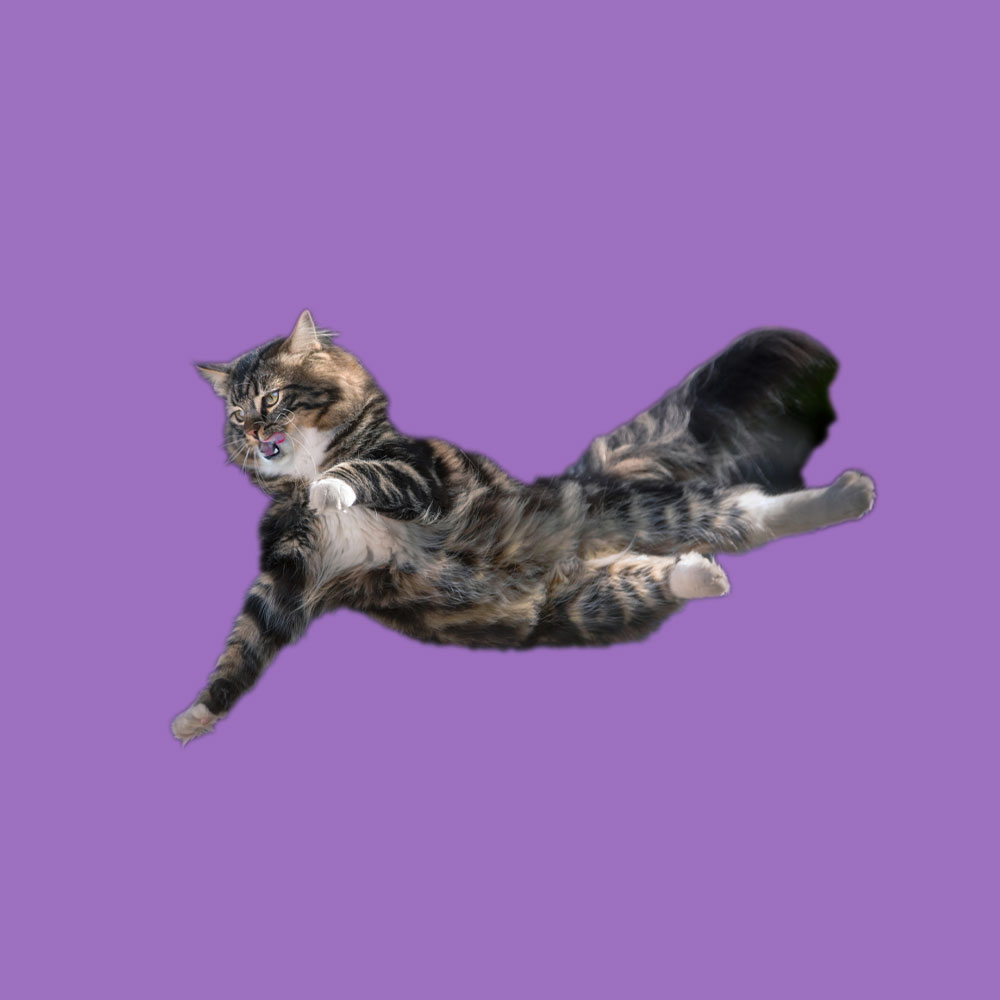Maine Coons need a food rich in essential nutritions, protein, fat, and carbohydrates. Due to their size, one of the main components of the diet of these valued members of the family is fat. Fats help companion animals to maintain energy levels and absorb fat-soluble vitamins such as A, D, E, and K. However, keep in mind that to avoid excess weight, it is necessary to include only the necessary amount of healthy fats in the diet. A consultation with a nutritionist can assist in determining dietary needs based on your four-legged friend’s health and lifestyle.
Protein is another influential element needed for Maine Coon health. Protein contributes to the proper development of muscles and their subsequent strength. When it comes to fiber-rich foods, you can offer cucumbers, steamed broccoli, carrots, spinach, and peas to your valued family members. A moderate intake of these healthy fibers will help your companion animal maintain a regular digestive tract and prevent bloat.
The health of the Maine Coon highly depends on the strength of its immune system. In light of this, based on the recommendation of a nutritionist, taking vitamin A along with vitamin C would be a wise decision to improve the health status of your furry friend.
Like other cats, the Maine Coon enjoys eating fish, chicken, turkey and beef. However, when serving this food, you should make sure that the meat is well-cooked and completely free of bones. Otherwise, a bone that gets into the digestive system can pose a significant threat to the health of your companion animal.
You can avoid irritating your beloved Maine Coon’s digestive system by avoiding products that aren’t recommended for companion animals. These products include bacon, chocolate, grapes, raisins, raw eggs, alcohol, and caffeine. If you wish to receive personal advice on the nutrition of your valued family member and establish a balanced diet, we recommend consulting an experienced nutritionist.

